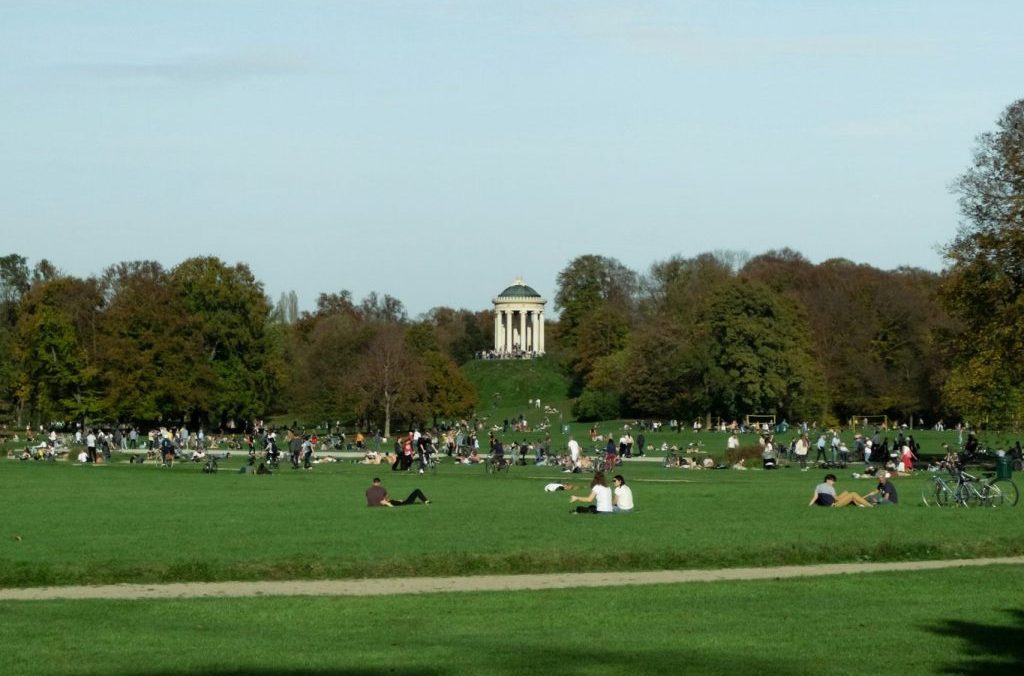As the global population surpasses 8 billion and urbanisation continues to accelerate, with 55 percent of people already living in cities and projections pointing to 70 percent by 2050, urban areas are central to the pursuit of sustainable development. Within the framework of the 2030 Agenda for Sustainable Development, the United Nations’ Sustainable Development Goal 11 (Sustainable Cities and Communities) emphasises the importance of inclusive, safe, resilient, and sustainable urban environments, where everyone has access to basic services, affordable housing, efficient transport, and clean air. Yet despite their critical role, the urban sustainable development (USD) plans of many regions may not adequately reflect the concerns of their population. A recent study published in Nature Sustainability by researchers at ETH Zürich highlights this gap.
The authors surveyed 5,800 adults in eight European cities (Antwerp, Frankfurt, Helsinki, Lisbon, Manchester, Marseille, Milan and Valencia) and analysed 166 local sustainability plans from these and other municipalities. While more than 70 percent of respondents expressed acceptance for local sustainability agendas, their support depended strongly on the policy content. To understand these preferences, the researchers used a ranking exercise and choice-based experiments to evaluate how residents prioritised different development issues.
Essential and everyday needs such as cost of living, public health and education, consistently ranked highest among residents’ priorities. In contrast, existing plans tend to prioritise long-term ecological and infrastructural goals, including biodiversity conservation, circular economy strategies and public transport. Economic and health-related priorities, particularly income inequality, unemployment, and healthcare are relatively underrepresented. The authors describe this misalignment as a “democratic discrepancy”, in which planning agendas diverge from the more immediate needs most valued by the public. This pattern was consistent across all cities studied.
Addressing this gap is essential to ensuring the legitimacy and effectiveness of urban sustainability strategies. The study emphasises the need to place basic human needs at the core of policy design. Integrating social and environmental objectives—such as directing energy-efficiency upgrades to low-income areas, ensuring transport investments remain affordable, and involving community stakeholders early in the planning process—can help align policy agendas with public expectations. On World Environment Day, these findings offer a fundamental principle: sustainability must not only aim for long-term ecological goals but also respond to immediate human needs, and it must be rooted in social equity if it is to support lasting and inclusive urban transformation.
Researcher in Energy Systems at ISAAC – SUPSI


